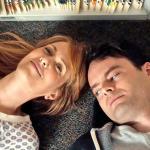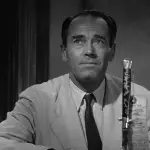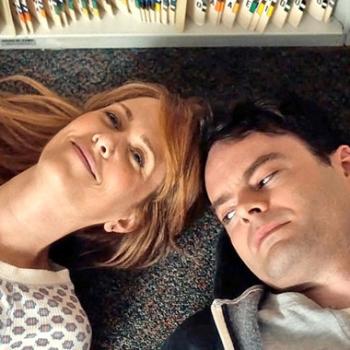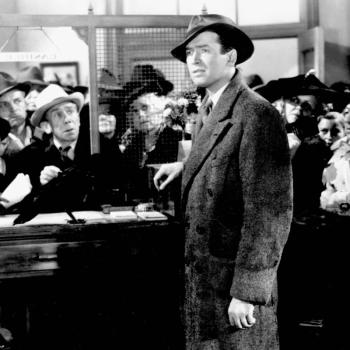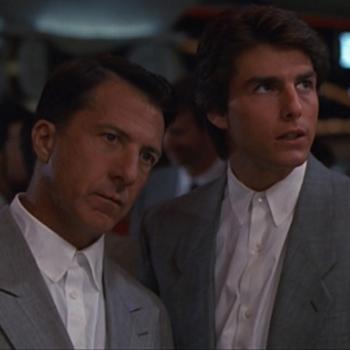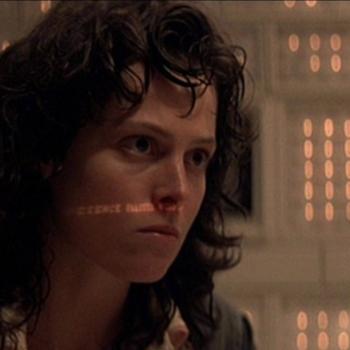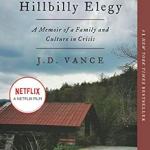
We all have regrets in life. One of mine is that I did not let myself become interested in watching horror films until like three years ago. There are a lot of solid movies on my favorites list from the horror genre, movies released within my lifetime, that I chose not to see in theaters because I just didn’t think I could handle catching them on the big screen. At the top of that list is the first “A Quiet Place” movie.
The “Quiet Place” films see earth under the siege of an alien invasion. The aliens are blind but have highly developed hearing and are also basically indestructible. The only way to stay alive is to stay silent. The first two films in this franchise see invasion from the perspective of the Abbot family, the mother and father, and the two oldest kids, who are trying to survive this horrifying new landscape.
The first film sees a sort of coming together within the family unit itself as they wrestle with the repercussions of a family tragedy amidst a home invasion, which itself takes place as a new member is being added to this family unit; the second film sees that mindset expanding toward the world at large. After discovering how the alien monsters can be defeated, the Abbots set out to disperse this knowledge to others, and this has them band together with other survivors to try to create a safe world.
The central gimmick of the films is the fact that no one is allowed to make noise (not even the audience members). A lot of people have tried to read into the film what the silence STANDS FOR, what it MEANS. And by design, I think there’s a lot of answers to that. This is one of those films that reads particularly differently after the COVID-19 shutdown, as one example. That’s a particularly strong reading for me because “Part II” was one of the first movies I saw in the theater after the shutdown, and so starting with the flashback of the communal structure breaking in real time felt very charged.
But another thing I remember particularly about that period of lockdown is what it felt like to go a year with the church doors closed, and this informs another reading of these movies. “A Quiet Place” imagines living in a post-religious landscape. A world without congregations.
Perhaps the most depressing thing about this reality is that it is a world where there is literally nothing to be gained by teaming up. Every member of your party is a liability. The way the Abbots keep themselves safe is by keeping to themselves. Of course, the Abbots know that this is no way to live. Lee’s nightly ritual of lighting the beacons betrays a dissatisfaction with this life of solitude, as does his efforts to make contact with the outside world through radio. The post-apocalyptic lifestyle of the family shows that people can survive independently without the sustaining force of the crowd, many have made the same observation about spirituality without religion or churches, but that’s not really thriving. That’s not why we live.
But of course, it’s not as though this universe’s isolationist coping method comes from nothing. It’s not just that people sometimes sneeze and that creates problems. Sometimes the designs of others are ill-intended, and that leaves you vulnerable anytime a bunch of humans put their wellbeing in each other’s hands. That is something that Emmet, an ally to the Abbots introduced in “Part II,” fears about reaching out to other survivors. There are chapters where that absolutely confirm this viewpoint to him. They are nearly killed by a group of survivors who deliberately use them as bait for the monsters. But this does not represent the totality of humankind.
Moreover, no one has ever saved the world by themselves. There’s even a segment in the second film where, on her mission to save the world, the daughter tries to go it alone, thinking that this is a one-woman job. But her attempts to fend off an alien attack by herself nearly get her killed until Emmet comes to the rescue. Her mission needs a second hand in order to succeed. And she in turn helps restore Emmet’s conviction and faith in his fellow man. They cover each other blind spots. They make discoveries together. That is what you have to gain by coming together.
I write this all with great sympathy and admiration for my friends who choose not to participate in organized religion or profess no faith. I champion religious gathering not because I believe that heaven will only be populated by those who have their name on the records, but because my life experiences have shown me what there is to be gained when a bunch of humans, even humans who are kinda sick of other humans, choose to gather together and reach up.



